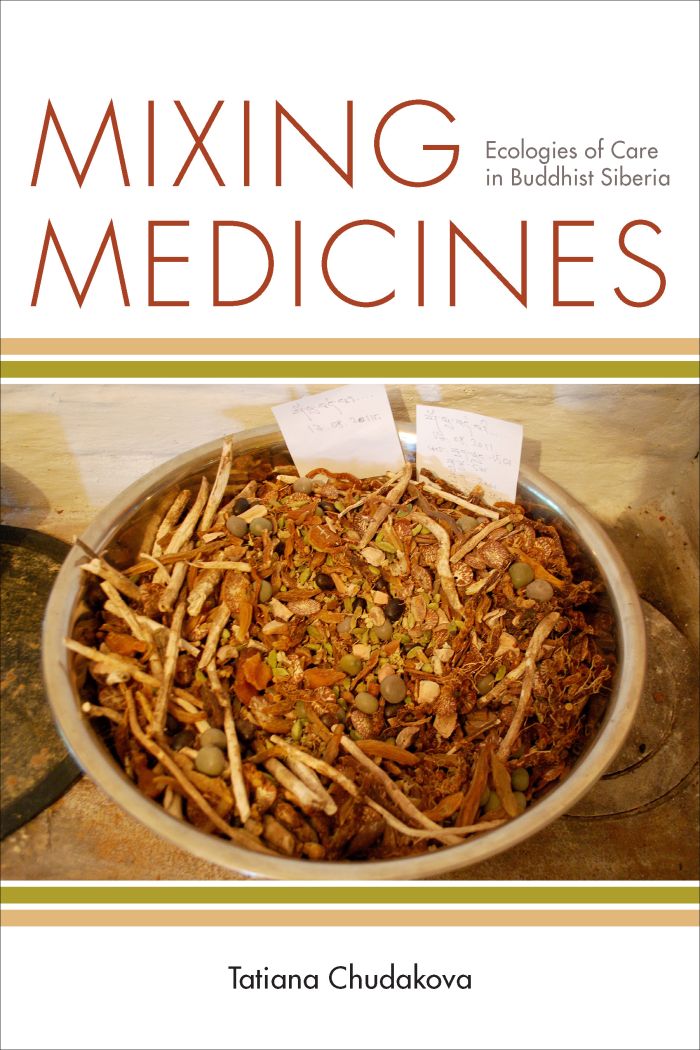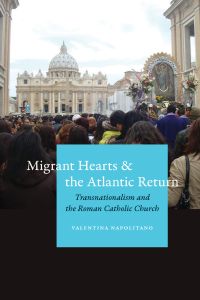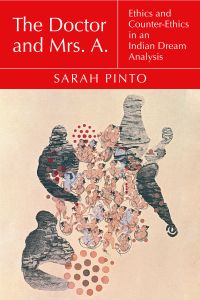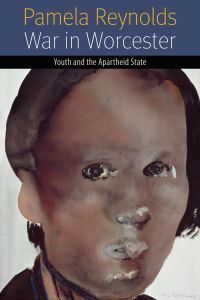Mixing Medicines
Ecologies of Care in Buddhist Siberia

This book can be opened with

Traditional medicine enjoys widespread appeal in today’s Russia, an appeal that has often been framed either as a holdover from pre-Soviet times or as the symptom of capitalist growing pains and vanishing Soviet modes of life. Mixing Medicines seeks to reconsider these logics of emptiness and replenishment. Set in Buryatia, a semi-autonomous indigenous republic in Southeastern Siberia, the book offers an ethnography of the institutionalization of Tibetan medicine, a botanically-based therapeutic practice framed as at once foreign, international, and local to Russia’s Buddhist regions.
By highlighting the cosmopolitan nature of Tibetan medicine and the culturally specific origins of biomedicine, the book shows how people in Buryatia trouble entrenched center-periphery models, complicating narratives about isolation and political marginality. Chudakova argues that a therapeutic life mediated through the practices of traditional medicines is not a last-resort response to sociopolitical abandonment but depends on a densely collective mingling of human and non-human worlds that produces new senses of rootedness, while reshaping regional and national conversations about care, history, and belonging.
Tatiana Chudakova has given us a graceful ethnographic account that speaks to broad concerns within medical anthropology: the politics of ‘integrative’ medicine, the limitations of concepts such as ‘medical pluralism,’ the relationship between religion and science as they cross various political and ideological domains, and the condition of post-socialism as a lived and embodied experience. Mixing Medicines is a remarkable contribution to Tibetan Studies and to anthropologies of post-socialist societies.—Sienna R. Craig, Dartmouth College
Mixing Medicines delves into the misunderstood and deeply Orientalized practice of Tibetan medicine. In this insightful and well-written ethnography, Tatiana Chudakova shows the elusiveness of Tibetan medicine as Siberia’s Buryat minority seeks to maintain the practice’s integrity and their status as a unique group while also striving to be a part of the Russian nation. Carefully researched and meticulously argued, Mixing Medicines offers a nuanced case for the intimate ties between today’s Russia and Inner Asia.—Manduhai Buyandelger, Massachusetts Institute of Technology
Mixing Medicines sheds much welcome light on the historical constitution and contemporary dynamics of Tibetan medicine in Buryatia, as well as exploring its broader medical, social, political, and material entanglements. . . Mixing Medicines is a great book that makes original and valuable contributions across several academic fields.—Asian Medicine
Introduction | 1
1 “May All Living Beings Benefit”: Passions of Translation | 25
2 “To Search for the Solely Rational”: Engineering Tibetan Pulse Diagnosis | 70
3 “The Medicine of the Future, Now Available”: Geographies of Medical Integration | 106
4 “Treating Not the Illness, but the Patient”: Integrative Medicine for Dislocated Bodies | 157
5 “We Are Not Iron That We Need Tempering”: The Contingencies of Mixing Medicines | 194
6 “Nothing in the World That Couldn’t Be Medicinal”: The Limits of Extraction | 229
Conclusion | 263
Acknowledgments | 281
Notes | 285
Bibliography | 295
Index | 319





